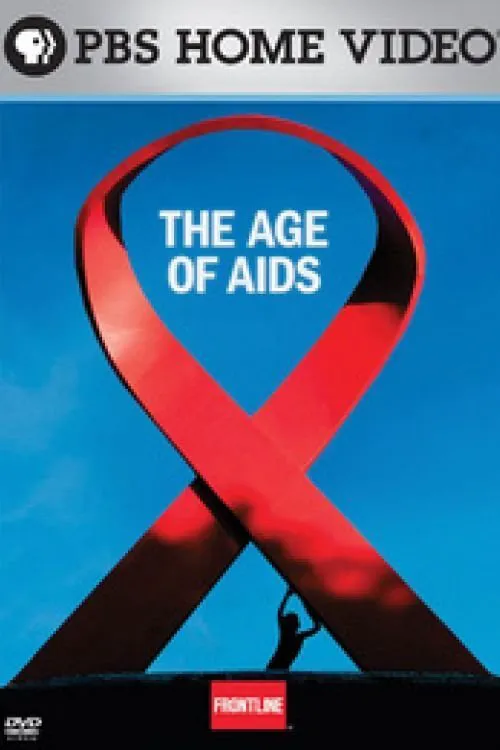Frontline: The Age of AIDS

Trama
The Age of AIDS is a poignant and thought-provoking documentary that delves into the complex and multifaceted crisis of HIV/AIDS. Spanning over two decades, the film chronicles the evolution of the disease, from its emergence in the early 1980s to the present day. Through a series of candid interviews with experts in the field, including scientists, politicians, activists, and patients, the documentary sheds light on the medical, social, and economic factors that have contributed to the widespread pandemic. The film begins by recounting the early days of the disease, when it was first identified in the United States and dubbed GRID (Gay-Related Immune Deficiency). As the disease spread rapidly among the gay community, scientists began to take notice, and research into its causes and treatment began in earnest. One of the key figures interviewed in the film is Dr. Robert Gallo, a renowned AIDS researcher who played a pivotal role in the early years of the epidemic. Gallo recounts the challenges faced by scientists at the time, who struggled to understand the nature of the disease and develop effective treatments. As the disease continued to spread, it became increasingly clear that AIDS was not limited to the gay community, but was affecting people of all backgrounds and demographics. The film highlights the pivotal role of African-American and Hispanic communities, who disproportionately suffered from HIV/AIDS due to systemic racism and socioeconomic inequality. The stories of patients who contracted the disease, often through needle exchange or sexual transmission, serve as a poignant reminder of the disease's insidious nature and the need for urgent action. The Age of AIDS also examines the role of politics in the response to the epidemic. The film critiques the Reagan administration's early response to AIDS, which was characterized by denial and inaction. The administration's refusal to address the issue, coupled with the stigmatization of gay and marginalized communities, exacerbated the crisis, and allowed the disease to spread unchecked. The film also critiques the Bush administration's policies, which were marked by a failure to provide adequate funding for AIDS research and prevention. In contrast, the film celebrates the activism and advocacy of individuals and groups who fought tirelessly to raise awareness and pressure governments to take action. The story of the AIDS Coalition to Unleash Power (ACT UP) serves as a beacon of hope and organizing, highlighting the power of grassroots mobilization to effect change. The film also profiles key figures, such as Mathilde Krim, a prominent AIDS activist who advocated for increased funding and awareness-raising efforts. One of the most striking aspects of the film is its exploration of the human cost of the disease. Through the stories of patients, caregivers, and loved ones, the documentary reveals the devastating impact of AIDS on individuals and families. The film also highlights the systemic and structural barriers that have hindered access to care and treatment, particularly in developing countries. The Age of AIDS concludes by asking the question: what can be done to stop AIDS? The film suggests that the solution lies in a combination of scientific breakthroughs, sustained activism, and policy reforms. The story of the development of antiretroviral therapy (ART) serves as a testament to the power of scientific research, which has transformed the management of HIV/AIDS from a death sentence to a chronic condition. Ultimately, the film offers a nuanced and multifaceted exploration of the AIDS crisis, underscoring the need for continued vigilance, awareness-raising, and action. Through its powerful storytelling and expert insights, The Age of AIDS serves as a call to action, urging viewers to confront the disease's ongoing threat and to work towards a world where everyone has access to effective treatment, care, and support.
Recensioni
Raccomandazioni


